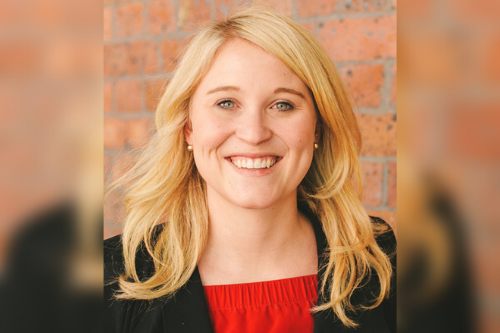

Last week saw a significant movement in the advancement of Open Banking in Australia, with new Consumer Data Right (CDR) legislation coming into effect which extended the number of banks that had to comply.
Under CDR, banks have to readily share information with their customers, on request, which allows customers to be more proactive in changing banks and lenders.
The Big Four have been included in the legislation since February, but last week saw it expanded to include other ADIs.
“On 1 July, the mutuals and mid-tier banks had to come online as data holders. However, some have been given exemptions,” said Rebecca Scott-Guppy, CEO of Fintech Australia
“Those banks are still working through the build process in relation to their APIs and how they’re going to connect the different products. Some of my members are working with those banks in the mutual space and enabling them to become data holders. Basically, they got exemptions because they weren’t ready on time.”
“There are limited service providers and while, obviously, some of them dragged their feet at the start, now it’s because they haven’t been able to comply and not from a lack of willingness.”
Many fintechs have welcomed the changes: some are set to benefit as customers can more readily change providers, making them more likely to work with a newly-established ADI.
Scott-Guppy said that, while it might seem like fintech neobanks would be there to capitalise, it was far from a done deal that they would take over.
“It depends on whether a bank is serving a purpose,” she said. “I expect that that there will be movement between different products. If someone is looking for something but can’t get it at their current bank, but another bank can offer them it, then I think we will see more people switch to neobanks or even the mutuals, because of their rates and their products.”
“But we might see the Big Four come out with competitive products, as we have seen over the last six months when they had access to lower interest rates.”
